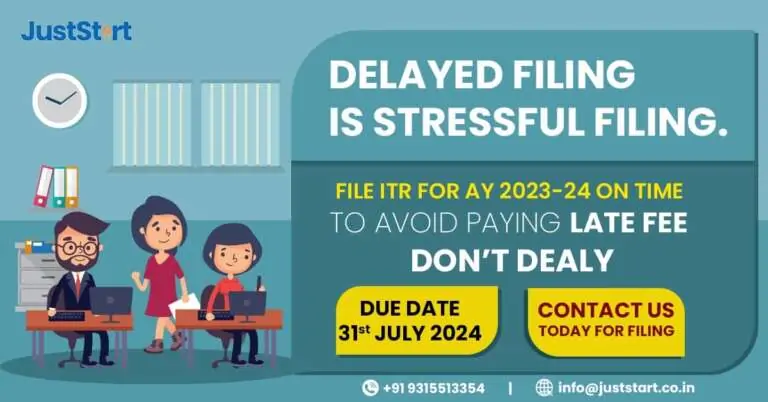Find out the top 10 issues you might encounter when signing up your startup in India. Look for ways to solve them and consider registering your startup with Startup India for support. This can provide you with resources and advantages to help your business. Keep an eye out to learn more.
Table of Contents
ToggleWhat Are Startup Problems Faced By The Startup?
Here are the main 10 problems that startups in India often have to deal with:
Funding Constraints
Getting enough money is a big problem for startups in India. It’s hard for them to grow and come up with new ideas because they don’t have enough money for their day-to-day needs and to expand.
- Limited Access to Capital-
- High-Interest Rates-
- Dependency on Few Investors-
Complex Regulations Faced By Startup Companies In India
Starting a business in India is tough because of all the complicated rules. It takes a lot of time and money to follow them. Programs like Startup India Registration try to make it simpler and help startups deal with these complicated rules.
- Complex Business Registration
- Frequent Policy Changes
Intense Competition-Faced Problem For Startups
Lots of other businesses can make it hard for startups because they’re all trying to get attention from the same customers. It’s tough to be different and get people to notice you when there are so many other options out there.
- Intense Competition
- Price Wars
Talent Acquisition
Getting the right people to work for a startup is really important. You need smart and hardworking folks to come up with new ideas, get things done, and stay ahead of the competition. Having good strategies to find these people is key to making a startup successful in the job market.
Infrastructure Gaps
Infrastructure deficiency means not having enough good stuff like power, transportation, or fast internet, which can make it hard for businesses to work well. For startups, this can slow things down and make it tough to grow and get things done efficiently.
- Inadequate Physical Infrastructure
- Digital Infrastructure
Customer Acquisition
The process of bringing in new customers for a business is known as customer acquisition. It includes marketing, sales, and engagement initiatives to attract potential customers and convert them into paying customers, an essential component of a startup’s success.
- Skill Mismatch
- High Attrition Rates
Scaling Challenges
Scaling challenges are the difficulties that a business faces when it wants to significantly expand its operations. These issues may include maintaining quality, managing increased demand, securing additional funding, and adapting to a larger market while ensuring profitability. As startups grow, they often face scaling challenges.
- Lack of Mentoring
- Mismanagement of Resources
Limited Mentorship
Limited mentorship refers to the lack of experienced mentors or advisors available to guide and support startup founders. This lack of guidance can hinder a startup’s ability to navigate challenges, make informed decisions, and take advantage of valuable industry insights and networks, impacting its overall success and growth.
Bureaucratic Hurdles
Bureaucratic barriers are obstacles arising from complex administrative processes and government regulations that startups must deal with. These barriers can include time-consuming paperwork, compliance issues, and delays in obtaining licenses or approvals, which can slow down a startup’s operations and growth.
Market Dynamics
Market dynamics refers to the forces and factors that influence market behavior and performance, including fluctuations in supply and demand, consumer preferences, competitive forces, and industry trends. Understanding and adapting to these dynamics is critical to the success and growth of a startup in a rapidly changing business environment.
FAQs
Why Are Startups Struggling In India?
Startup India registration often faces struggles due to factors such as limited access to funding, complex regulations, and intense competition. To ease their journey, consider online startup registration, which can simplify the registration process and provide access to various government incentives and support programs.
What Is The Most Common Startup Failure?
Lots of startups fail because they don’t make something people actually want to buy. To do better, make sure you really understand what people need by doing good research. Also, think about getting Startup India Registration to help with rules and get some benefits.
Why Do Most Startups Fail In India?
In India, many startups fail because they don’t check if people want their product, struggle to make money in the long run, face tough competition, can’t get enough money to grow, deal with too many rules, and have trouble running their business smoothly. This shows we need better help for startups to succeed.








